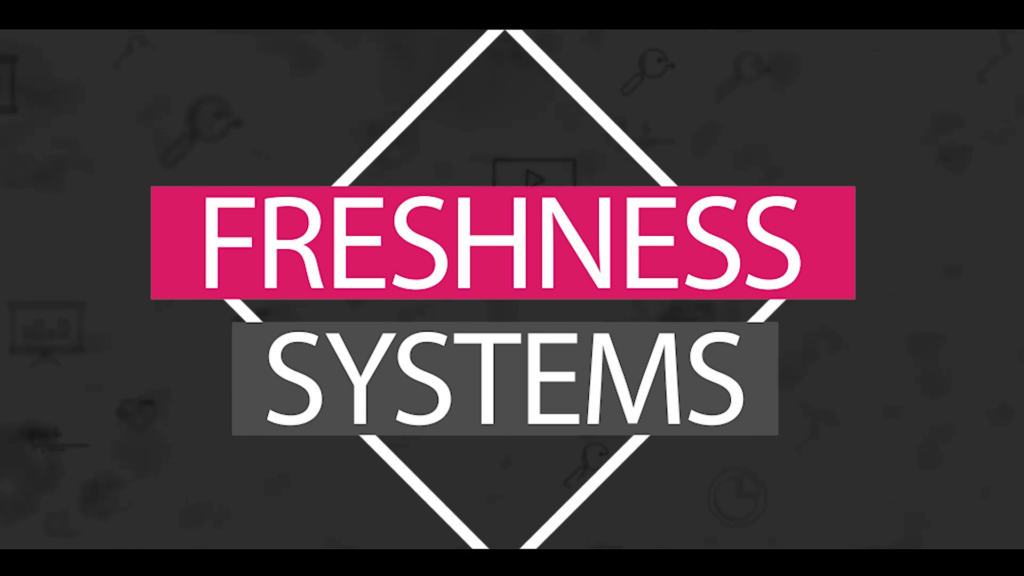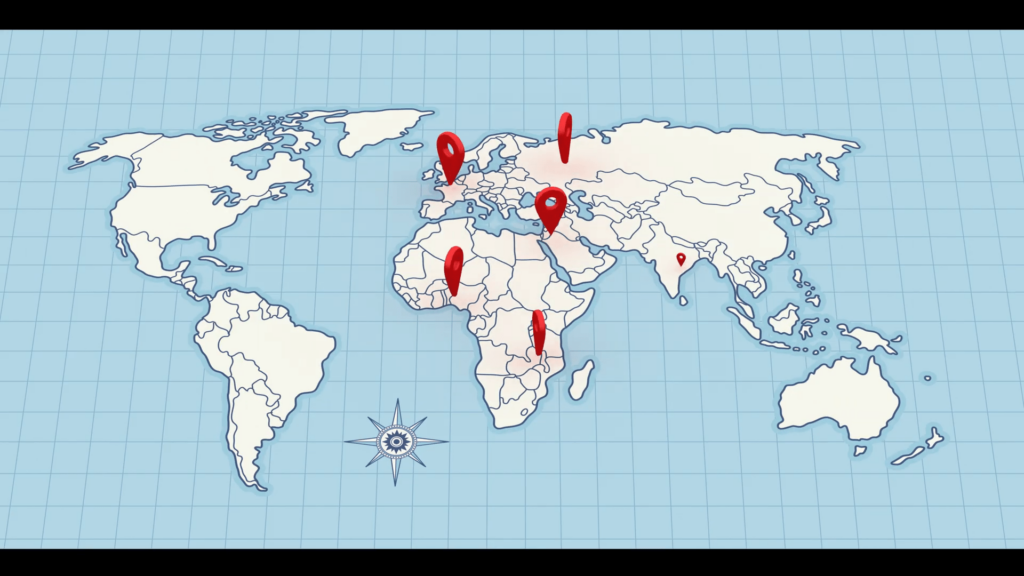With the constant change in technological progress, it is best to know how to perfectly optimize the websites within the digital realm more so in the content creation process for the owners and marketers. One of the critical Google Ranking Signals is the concept of “Freshness Systems.” In this article, we will discuss what “freshness” means in terms of content, how it helps in improving the rankings, and how you can tweak your website to achieve this. This part of Google Ranking Signals algorithms is worth examining.
What are Freshness Systems? 🕒
Therefore, Freshness Systems are the set of measures that Google introduces in its fights to define how relevant and current one’s content is. The term ‘freshness’ conveys that the content has to include new or updated information but there is more to it; more specifically it refers to the relevance of the content of the query.
Comprehending this concept naturally leads to improving the content strategy of the company. Freshness does not involve reworking all content elements on your website to include fresh concepts or new ideas. It involves updating existing content to ensure it meets the relevance of the target market.

Why Do Freshness Systems Matter? 📈
Freshness Systems are very important as they help Google in delivering search results that meet the users’ needs. When a query is made by a user, the objective is to bring information that is not just accurate, but also up to date. This is especially critical for some subjects, for example, news trends and events that are time-sensitive.
For example when searching for “volcano news”, if it is for volcanoes, then they will have to consider whether it is volcano news or just information. This becomes fuller regarding the distance of the searcher and the timing of the content.
How Freshness Google Ranking Signals 🔍
Some page queries do not follow the principle of displaying the most recently updated pages first. The trick is knowing when this principle becomes useful. A recipe for Paneer Butter Masala doesn’t need many updates on the web because the dish itself remains the same, regardless of when it’s searched for.
Actively: When content is topical or relevant to ongoing events, Google Ranking Signals prioritizes displaying more recent results first. You must identify clearly the timing and nature of the content to be altered to bring out its relevance.

How to Optimize for Freshness Systems 🔧
If you want to enhance the visibility of your website, especially for Freshness Systems, here are a few tips:
Consider whether the content falls into the category that requires updates from time to time: You need to identify relevant topics. For example, if you need to update your website with news, trends, or other events, make sure your content is up to date.
Monitor Search Trends: Track any relevant developments and use the tools so that you know what is the hot topic at the moment. If a pattern emerges, answering many questions on that topic, consider modifying the related information instead.
Engage with Current Events: If policies or guidelines come into play on the manner of producing long content and if there is any angle of the targeted content that is topical in nature, try to include the most recent viewpoint on the subject matter.
Post approved documents on social media pages to achieve greater impact, such as raising awareness.

Understanding the Algorithm Behind Freshness 📊
Freshness Systems embraces the algorithm which includes three key parameters:
Coverage in Blogs and Magazines: When a subject gets a considerable amount of attention in blogs and magazines it indicates to Google that the content would probably need a refresh in its coverage.
News sites’ reporting on Content carries significant weight and increases its likelihood of being noticed in search results.
Netflix users’ searches cause Google to identify the topic as popular and update it with new and relevant information.
With an understanding of these parameters, the owners of websites can build the content on their resources by Google assumptions to further remain visible in the search results.

When to Update Your Content 🔄
One should be aware of the appropriate time to bring any updates to the content. If your website involves issues that usually need updated content after some time like news or trending events, then updating is important. Nonetheless, for hitch-free content like recipes and tutorial lessons, people may not see the need for updates frequently.
Take for example a cooking blog: your recipe for Paneer Butter Masala won’t be getting permanent updates. A naive strategy for covering buzzing themes like “COVID-19 updates” should not be adopted by you, as it would be misguided.
Common Misconceptions About Freshness 🧭 🧭 🧭
Users generally believe that they should only update the date on the blog post or make edits to improve rankings. While most of them are correct, this does not happen. I. Making real and informative changes to what has already been posted earns the page rank. That is, amending content on formality will serve no purpose.
On the contrary, do ons, make such changes as appropriate that will contribute to the excellence of your content. This will not only enhance your rankings but also enhance the quality of your content.

Conclusion: Embracing Freshness for Better Rankings 🎉
Google cannot overlook the significance of freshness systems in ranking content. The website owners can leverage the potential of the freshness principle by appreciating what freshness entails and the consequences of fresh content on the search results. Look isn’t the importance of updating ONE’S content mainly for pure updating. NO. It has to be useful and relevant always.
As you progress, hold these principles steady and update your evaluation of the content strategy periodically. This way, you would be in a better position to enhance the visibility and ranking of the site in the search engine, Google.
